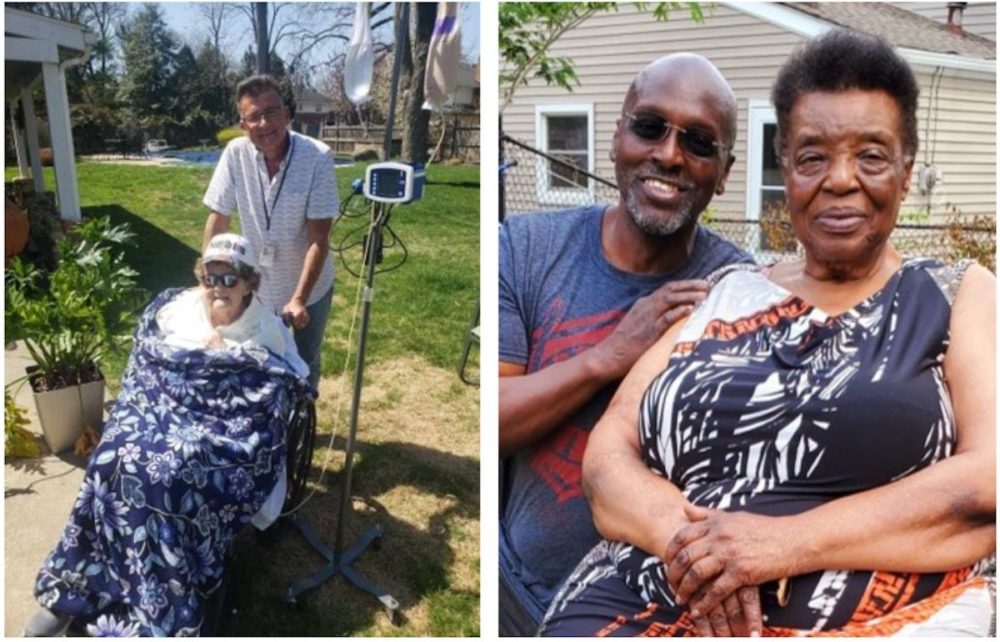During the pandemic, the message to older folks was: “Stay out of hospitals if you can.”
The COVID-19 virus was circulating in emergency rooms and nursing homes, and those coming in for routine procedures or check-ups were at risk for exposure. Receiving healthcare at home became more normalized, from telemedicine to visits from professionals.
Anthony Wehbe is a longtime local healthcare professional and hospitalist who in 2020 began work on startup Sena Health, a tech-enabled solution to bring healthcare to people in their homes. As a medical pro with aging parents, Wehbe told Technical.ly he was especially in-tune with the needs of older patients and how the pandemic has affected their routines, risk and care. And he found that many treatments that people seek at a hospital, from physical therapy to COVID-19 recovery to preventative care, can be done in the home.
Sena uses both hardware and software to coordinate at-home care by nurses and physicians in partnership with a network of healthcare systems. The hardware kit includes devices — a blood pressure and heart rate monitor, a temperature reader, pulse oximeter, a scale and a personal emergency response system — and Sena’s software platform allows for scheduling, care coordination and documentation in tandem with the hospital. The company works with the healthcare professionals at partner networks to refer patients and guide care, but those actually performing procedures or giving medical treatment are from the partner networks.
“They’re directing the care, we’re enabling it,” Wehbe said.
When the team began work on the company, there weren’t any “off the shelf” software options for hospital care in home, the founder said. The startup’s tech team has developed its platform, which takes into account extra cybersecurity concerns related to healthcare information.
Since the service’s launch in spring 2021, Sena has partnered with healthcare providers in the region including Cooper Health, Salem Medical Center, SETO Medical and Total Access Medical. It has focused growth locally, but has recently expanded into some other states including Florida and New York.
Wehbe emphasized that the need for hospitals will always be there, as there are complicated or higher risk procedures that must be done in medical settings. But administering an IV or taking antibiotics doesn’t necessarily need to be. In November 2020, Medicare, which services older adults’ healthcare, widened its coverage to include at-home care like what Sena offers.
“We’re really committed to the concept of people aging in place,” Wehbe said. “Elderly people, when you take them out of their unfamiliar environment, they can get super confused, disoriented or uncomfortable, and that can be the downfall” of their condition.
The Sena team is made up of about 35 people, a mix of care coordinators — those assisting with the documentation, scheduling and other administrative parts of the company’s service — a tech team and a staff of medical professionals like nurses and doctors to advise on care points internally. It has a headquarters down by the Philadelphia International Airport, but hires remotely to “find the best talent,” Wehbe said.
Wehbe said the company has been bootstrapped up until now, but he foresees Sena doing some fundraising before the end of the year. The rest of 2022 will then be focused on hiring and building out the company’s technology.







